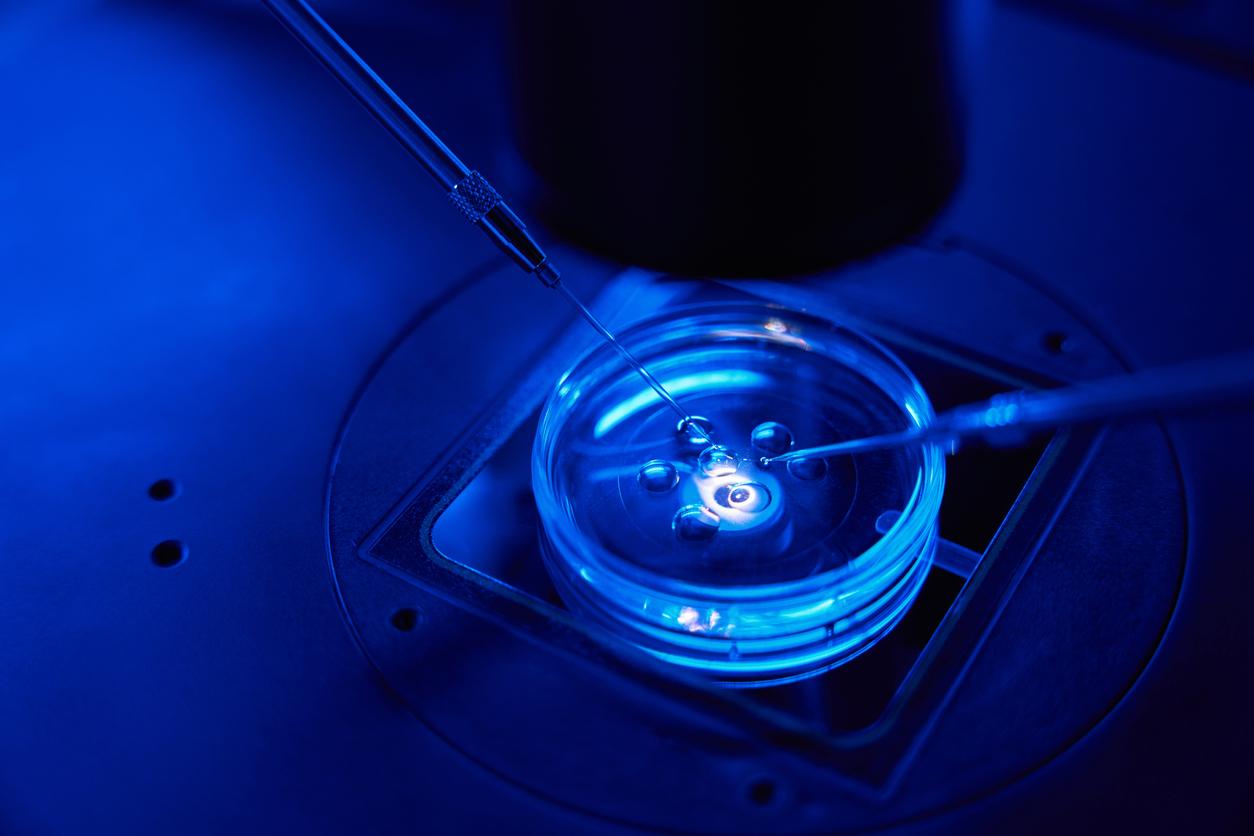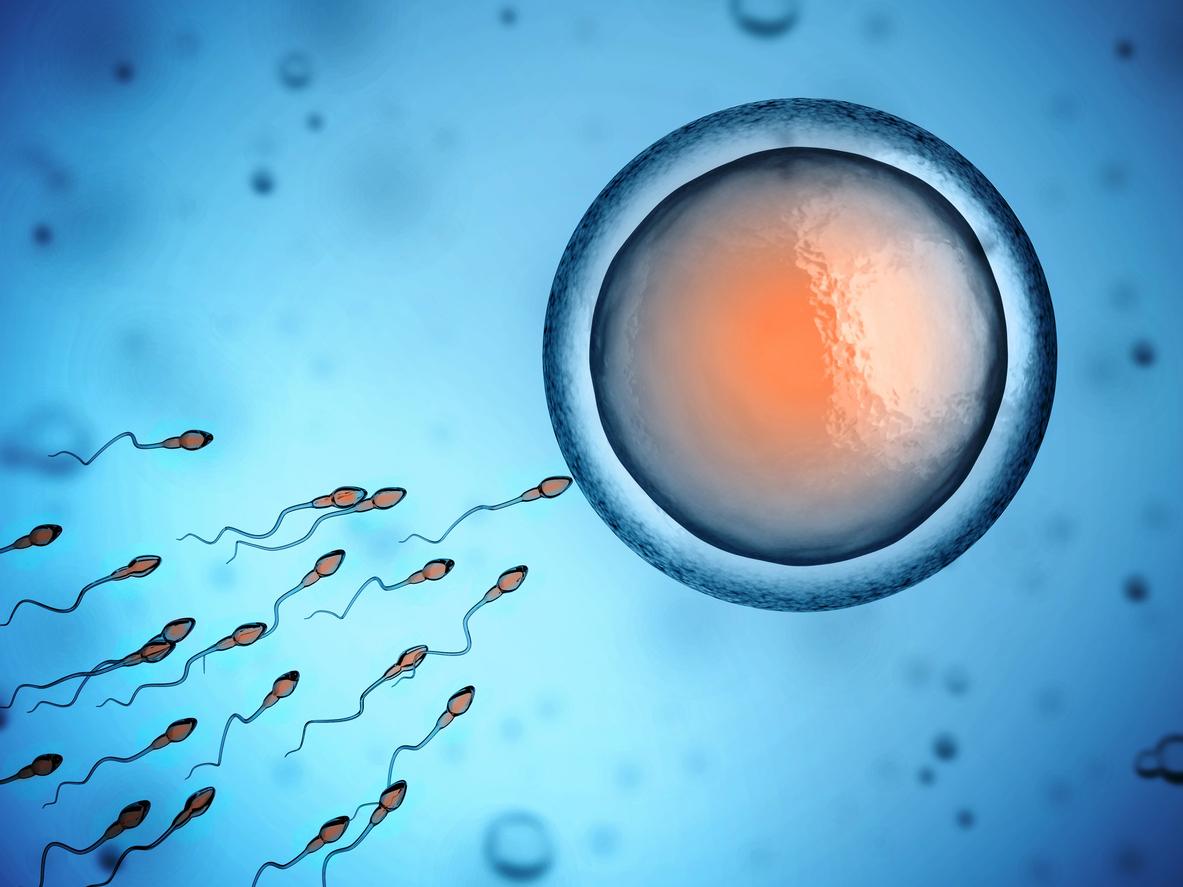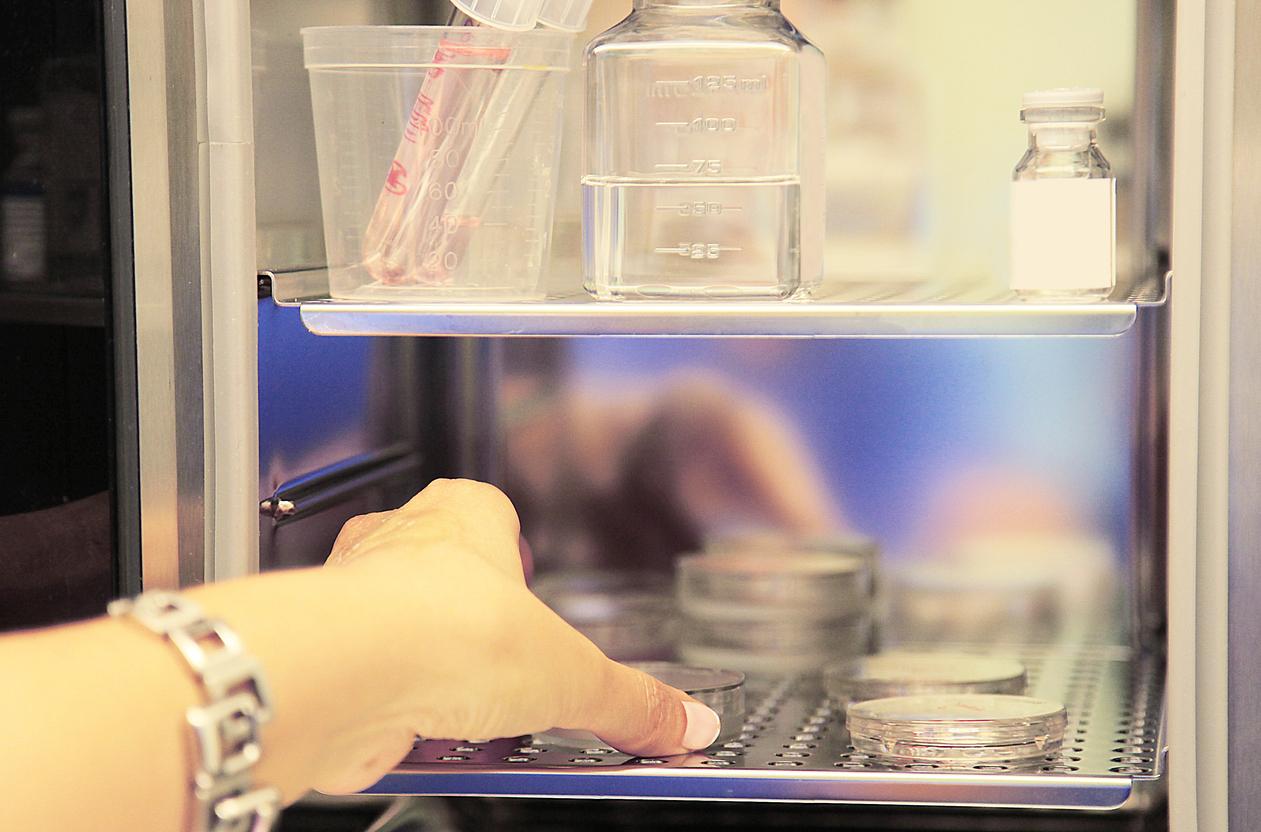While Facebook and Apple are proposing to finance the freezing of their employees’ eggs, whyocteur is going back on French legislation in this area.
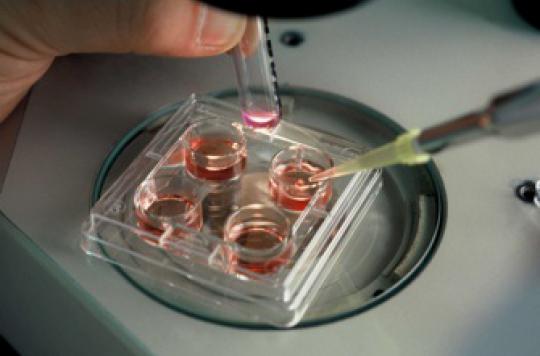
In France, the proposal from Facebook and Apple received a frankly hostile reception. While on their website, American associations expressed their satisfaction at seeing these two companies finance the freezing of their employees’ eggs, on the other side of the Atlantic, the press was unanimously shocked. “Hey, Silicon Valley, leave our wombs alone! ” thus titled the pure player Slate, to name only him.
In fact, the American and French mentalities are sometimes very distant, in particular as regards the place of companies in the private life of citizens. But it is not just a question of philosophy. In France, the two giants of high tech could never have made such a proposal, at the risk of getting angry with the law.
Egg freezing: for whom?
In France, for women, freezing eggs “for convenience” – in order to have children later – is prohibited. Only women who benefit from medically assisted procreation, and those who undergo medical treatment likely to make them infertile (especially during chemotherapy) can freeze their eggs in order to preserve their fertility.
The bioethics law of July 2011 thus stipulates that “any person whose medical care is likely to impair fertility, or whose fertility risks being prematurely impaired, may benefit from the collection and conservation of their gametes or germinal tissues, with a view to the subsequent realization, for his benefit, of medically assisted procreation, or with a view to preserving and restoring his fertility ”.
In Europe, several countries do not limit this operation to medical reasons, and allow so-called societal self-preservation (for convenience).
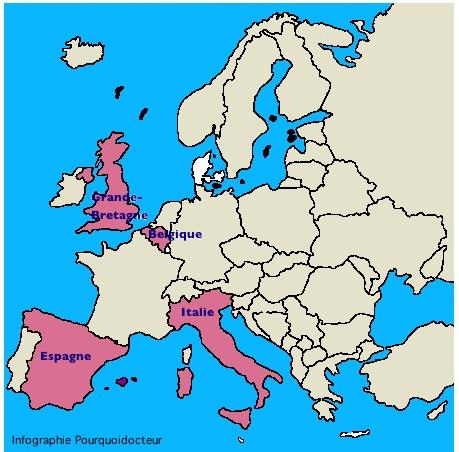
Map of countries allowing societal self-preservation of oocytes
Vitrification recently authorized
Before 2011, oocyte vitrification was prohibited. Contrary to many countries, the French state allowed conservation by slow freezing only – a much less efficient process. At the time, the deputy Jean Léonetti had therefore asked a revision of the law to allow “ultra-rapid freezing of oocytes”, a very rapid cell cooling technique, to – 196 ° C.
The amendment was intended in particular to boost egg donation, which is in short supply. In 2006, only 220 women donated, allowing 400 in vitro fertilizations while more than 1,300 couples were pending. Of course, egg donation is allowed. In this case, it is therefore possible to freeze your eggs, but it is a question of giving them away: it is forbidden to keep them for yourself.
Inequality between men and women
Strange point of French law: men are allowed to freeze their sperm for convenience. Before a vasectomy (ligation of the referent canal), a man can indeed keep his gametes with the aim of giving birth later, and this, since the 1940s.
This inequality is one of the reasons which pushed the French National College of Gynecologists and Obstetricians (CNGOF) to request authorization to freeze its oocytes for convenience, in December 2012. “There is no particular reason why this is not allowed to women ”, write the authors a press release that revived the debate (PDF document).
No promise of pregnancy
“The age of childbearing continues to decline and women who consult for infertility are also increasingly older. The self-preservation of oocytes constitutes a medical advance because it is, together with the donation of oocytes, the only method of treatment of infertility really effective at the age of 40 years and over. It allows couples to use their own genetic capital. “
In fact, the age of pregnancies continues to decline in France. In 1970, the average age of the first child among French women did not even reach 24 years, according to INSEE; in 2012, he was 28 years old. And with age, the chances of pregnancy per cycle decrease. They are thus 25% at 25 years, 12% at 35 years and 6% at 40 years. After 45 years, they are almost zero … But the self-preservation of the oocytes does not offer the certainty of a pregnancy. A recent study points out that, in the best of cases, the birth rate is 62%.
>> See the TéléToulouse report on the birth of twins after egg freezing in Toulouse
.











